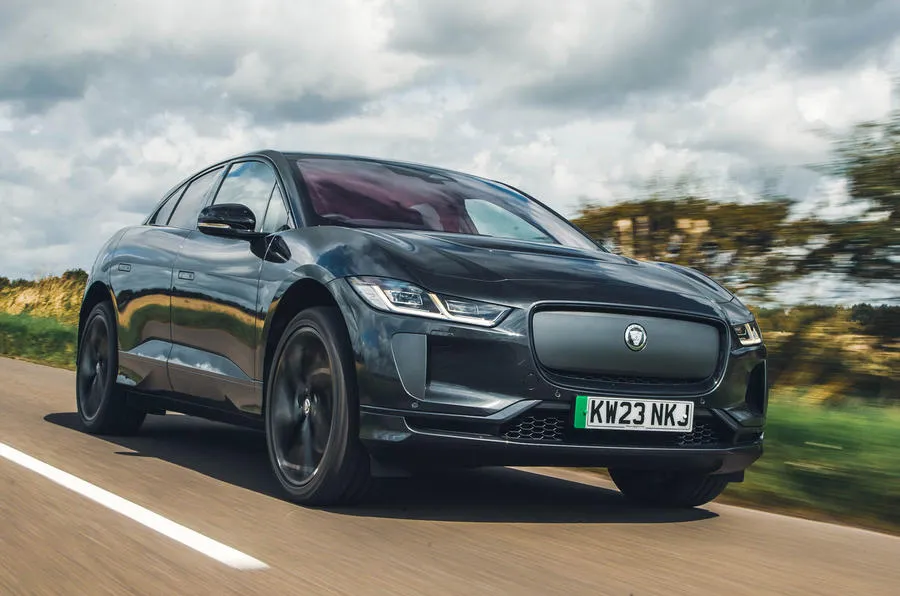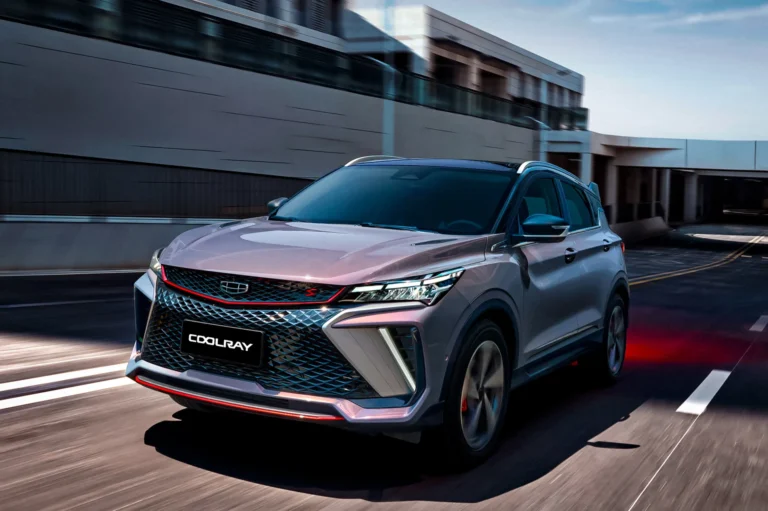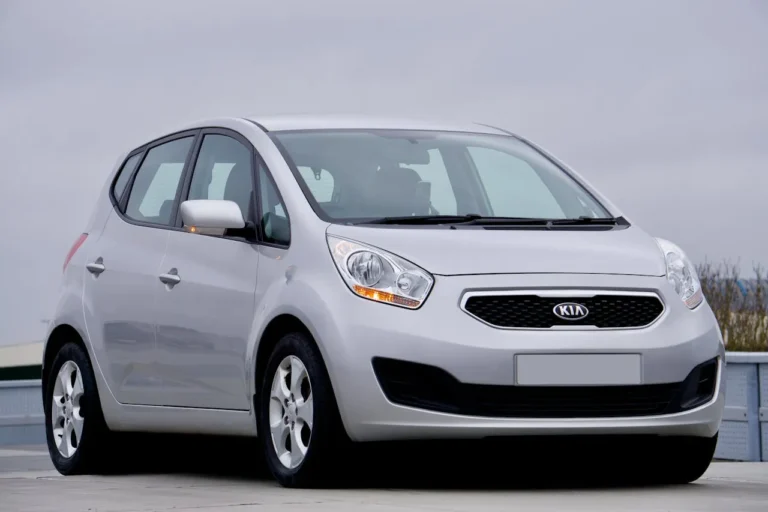
VinFast EVs Offer Relief for Budget-Conscious Canadians and the Environment
As the cost of living continues to climb across Canada, families are facing increasingly difficult financial decisions. Whether it’s the rising price of groceries, fuel, or essential services, Canadians are feeling the pinch. In this challenging economic climate, electric vehicles —particularly those from companies like VinFast—are gaining traction not only for their environmental benefits but also for their ability to deliver meaningful financial savings over time.
For many families, the monthly budget has become a source of stress. According to recent statistics, grocery prices in Canada rose by 3.8% year over year, a figure that continues to strain household finances. A staggering 85% of Canadians now say they are living paycheque to paycheque, while 61% admit that the rising cost of living has forced them to reconsider major life decisions, from home ownership to starting a family.
In this economic context, Canadians are evaluating every purchase with greater scrutiny, especially big-ticket items like vehicles. And increasingly, the numbers show that switching to an electric vehicle can make financial sense—not just environmentally, but economically too.
A Strong Financial Case for EVs
A growing body of research underscores the long-term cost benefits of electric vehicles. A report by Clean Energy Canada found that s save Canadian drivers an average of $3,000 annually when compared to gasoline-powered vehicles. That translates to approximately $30,000 in savings over ten years. Whether it’s an electric hatchback or SUV, the long-term financial benefits are clear: an EV can cost significantly less to own and operate than its gas-powered counterpart.
Vincentric, a firm that analyzes automotive cost-of-ownership data, published a study that compared 40 electric vehicles to similar internal combustion engine (ICE) models. The findings were striking: 95% of the s studied were less expensive to own over a five-year period. The primary savings came from reduced fuel costs, lower maintenance expenses, and fewer repairs. These financial advantages are helping to shift the narrative around EVs—from being a premium or aspirational purchase to being a smart and practical one.
This evolving perspective is particularly relevant for budget-conscious Canadian families. While EVs have traditionally been associated with environmental consciousness, they are now being seen through the lens of financial prudence. Though many EVs come with a higher upfront cost than gasoline vehicles, their significantly lower operating costs are starting to tip the scales for value-focused buyers.
Helping Households Make Ends Meet
The financial logic of switching to an EV is especially compelling for Canadian families trying to stretch every dollar. A recent report by Spring Financial revealed that 70% of parents with children at home are reconsidering major life decisions due to financial pressure. Moreover, families with children are 40% less likely to have emergency savings compared to other Canadian households, leaving them more vulnerable to unexpected expenses like car repairs.
For these families, the long-term savings associated with EV ownership could free up funds for other essentials—whether it’s education, healthcare, or simply building an emergency fund. The lower cost of “fueling” an EV (charging electricity vs. buying gasoline) and the decreased frequency of maintenance visits provide both direct savings and peace of mind.
This shift in mindset—from viewing EVs as luxury items to financial lifelines—is reshaping the Canadian auto market. Increasingly, consumers are realizing that choosing an EV can be one of the smartest financial decisions they make, particularly during periods of economic uncertainty.
VinFast’s Value-Driven Strategy
Automakers are paying attention to this shift, and some are tailoring their offerings to meet the new priorities of Canadian consumers. One notable example is, Vietnam’s leading EV manufacturer, which is making its mark in Canada with a strategy designed around value, accessibility, and trust.
“3 Good” strategy—good quality, good pricing, and good aftersales service—directly addresses the concerns of today’s car buyers. At a time when every dollar counts, offers vehicles that are not only well-equipped and stylish but also competitively priced and supported by strong warranty coverage.
Take the VF 8, for example. This all-wheel-drive, mid-sized electric SUV is covered by one of the most generous warranties in the automotive industry: 10 years or 200,000 kilometers, with unlimited kilometers on the battery under normal usage. For families worried about costly repairs or unexpected service bills, this warranty provides much-needed financial predictability. It’s a practical form of insurance for households trying to manage expenses.
approach also aligns with the values of a growing segment of Canadian buyers—those who want to invest in long-term savings without sacrificing performance or quality. The brand’s blend of affordability, reliability, and service assurance reflects an acute awareness of what Canadian families need most right now: peace of mind and control over their financial future.
Bridging Environmental and Financial Goals
While the environmental benefits of EVs remain important—reduced greenhouse gas emissions, decreased reliance on fossil fuels, and improved air quality—the economic argument is now just as persuasive. For many buyers, environmental stewardship is no longer the primary motivator; financial resilience is.
That doesn’t mean Canadians have abandoned environmental concerns. Rather, their priorities have expanded. Today’s EV buyer isn’t just looking for a car that’s good for the planet; they want a vehicle that supports a stable household budget. The ideal EV does both—and that’s where companies like are stepping in.
This convergence of sustainability and affordability is reshaping consumer expectations. Brands that can deliver on both fronts will be best positioned to thrive in a rapidly changing automotive landscape.
A New Era of Practical Innovation
The Canadian car market is undergoing a transformation. It’s no longer enough to offer environmentally friendly vehicles; automakers must also make a compelling economic case. For and others, that means offering products that resonate with the lived realities of Canadian families—vehicles that offer lower operating costs, fewer maintenance surprises, and support from trusted service networks.
In many ways, the electric vehicle has become more than a transportation solution; it’s a household strategy. It’s a way for families to regain control over their budgets and plan for the future with greater certainty.
As inflation continues to shape household priorities, and as more Canadians seek to stretch their dollars without compromising on quality or values, the demand for electric vehicles that are both environmentally responsible and economically viable will only grow.
entry into the Canadian market arrives at just the right moment. By addressing the intersection of financial necessity and sustainable innovation, the company is not just selling EVs—it’s offering families a smarter path forward.
In today’s uncertain economy, every financial decision counts. And for many Canadian families, the electric vehicle—once viewed as an optional upgrade—is quickly becoming a key part of a long-term financial strategy. For those looking to save money, reduce risk, and still contribute to a cleaner planet,’s EVs are making the choice clearer than ever.







